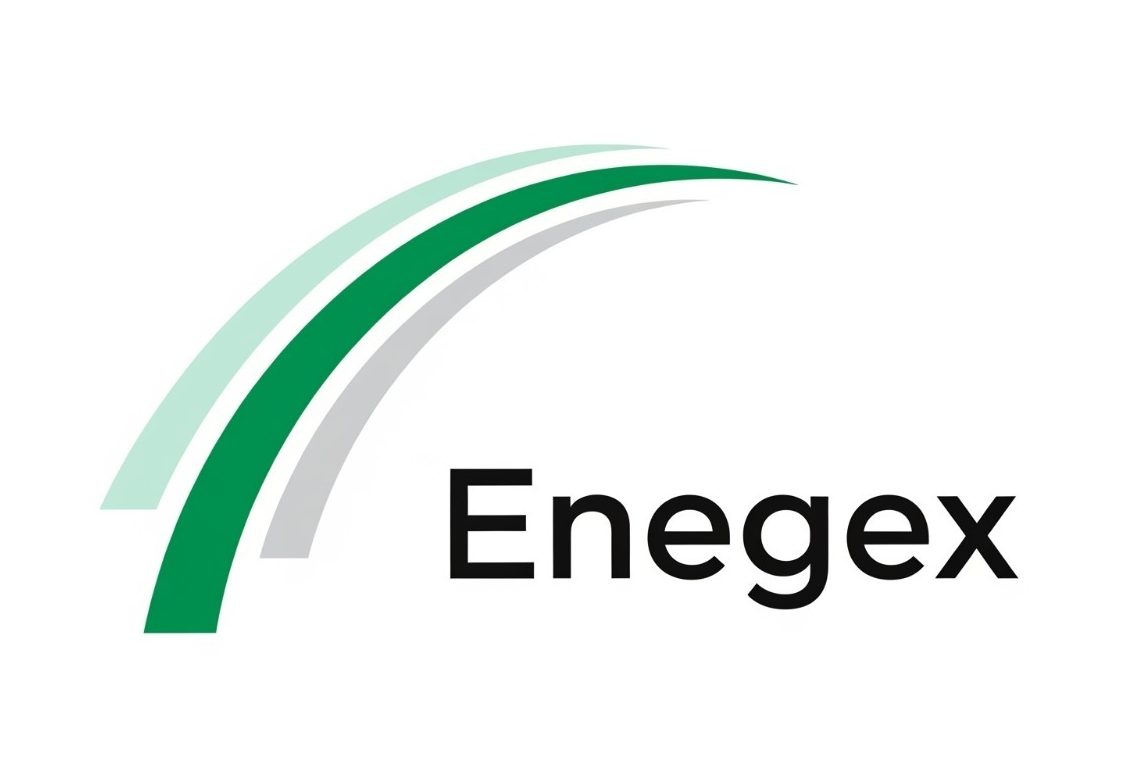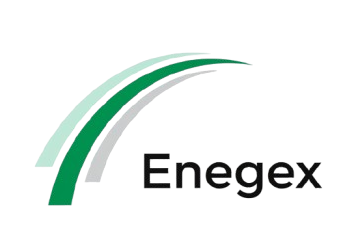The Air Source Heat Pump Grant
Air source heat pumps (ASHPs) provide an eco-friendly and effective method for heating homes by extracting heat from outdoor air. Given the surge in energy expenses and environmental awareness, governmental initiatives like the Air Source Heat Pump Grant hold growing significance.
This piece acts as a detailed manual for accessing the Air Source Heat Pump Grant, particularly within government energy support initiatives like the ECO4 scheme. It aims to clarify both the technology and the steps required to secure financial assistance, aiding in your comprehension of the application process.
Who Can Apply for an Air Source Heat Pump Grant?
Supported by the government, the Air Source Heat Pump Grant focuses on alleviating fuel poverty and lowering CO2 emissions. It stands as an alternative to the Boiler Upgrade Scheme, which concentrates on swapping natural gas boilers for electric heating systems. Both grants present opportunities to economize on heat pump installations and investigate alternative heating solutions.
Eligibility Criteria:
- Homeowners or private tenants (with landlord permission)
- Recipients of OFGEM-approved government UK benefits
- Homes with low Energy Performance Certificate (EPC rating meaning)
What benefits criteria qualify for the grant
- Child Tax Credits (CTC)
- Working Tax Credit (WTC)
- Pension Credit Guarantee Credit
- Pension Credit Savings Credit
- Universal Credit (UC)
- Child Benefits
- Housing Benefit
- Income-based Jobseekers Allowance (JSA)
- Income-related Employment & Support Allowance (ESA)
- Warm Home Discount Scheme
- Income Support (IS)
Pros and Cons of Air Source Heat Pumps
Though ASHPs come with various advantages, they might not be optimal for every setting. Their efficiency can decrease in extremely cold temperatures, and they might generate some noise. Nevertheless, contemporary systems are engineered to address these concerns.
Pros
- Financial incentives in the UK cover the complete initial expense of both the air source heat pump and its installation, effectively nullifying these costs.
- Air source heat pumps boast exceptional energy efficiency, often surpassing that of traditional fossil fuel-based heating systems.
- As heating systems with low carbon emissions, they notably diminish your overall carbon footprint.
- Air source heat pumps qualify as renewable heating systems, harnessing heat from the environment’s air sources.
- Their versatility spans across both heating and cooling functions, providing a solution adaptable to multiple seasons.
- These systems harmonize well with additional energy-saving measures, such as solar panels.
- With time, heat pumps can diminish your dependence on fossil fuels, leading to decreased energy expenses.
Cons
- Without qualifying for grants, the initial expense may surpass that of conventional fossil fuel systems.
- These systems rely on electricity, which, without a renewable energy source, might originate from fossil fuels.
- Some living situations may find these systems impractical due to the requirement of outdoor space for the external unit.
- Occasionally, an ideal setup for peak performance might involve a hybrid system integrating both air and ground source heat pumps.
- Although modern units have reduced noise levels, operational sounds may still be noticeable.
- With modern units, maintenance needs are minimal, although regular upkeep is necessary for optimal performance.
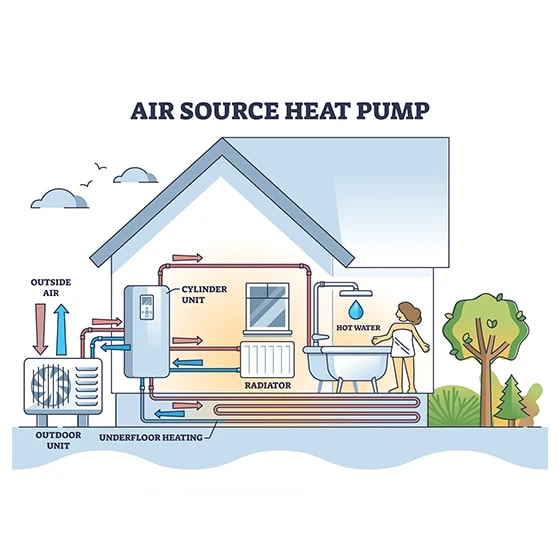
Future Outlook
Grants for heat pumps, spanning air and water sources, are expected to broaden in response to climate change worries. Designed for low-income households, these grants frequently encompass the entire initial expenses, particularly for those meeting means-tested benefits criteria such as Universal Credit. The primary goal is to enhance energy ratings, fulfill minimum efficiency standards, and correspond with cavity wall insulation suggestions and microgeneration certification schemes for alternative systems like biomass boilers.
Are Air Source Heat Pumps Worth it?
Grants for air source heat pumps present a sustainable substitute for conventional gas boilers and electric heating systems, catering to the entire installation cost. Meeting means-tested benefit requirements can qualify you for these grants, geared towards meeting specified efficiency standards. Additionally, whether you’re contemplating a heat pump or another heating alternative, these grants extend financial support for loft or cavity wall installations. Delve deeper into the value of air source heat pumps through our recent interview with an industry expert, or verify your eligibility today for a more environmentally friendly and energy-efficient home.
Is Air Source Heat Pump Grant Available Under ECO4?
Approved installers like us implement government energy efficiency scheme measures sanctioned by major energy suppliers, ensuring superior work quality and offering reassurance.
Even if your present energy supplier isn’t among the listed ones, you might still be eligible for Government Energy Grants. Fill out our form, and we’ll verify if you meet adequate criteria to benefit from the Energy Company Obligation grant. This opportunity could enable you to obtain a valuable government heat pump grant, enhancing your home’s energy efficiency without any expense on your part.
Efficient, low-carbon heating for modern homes
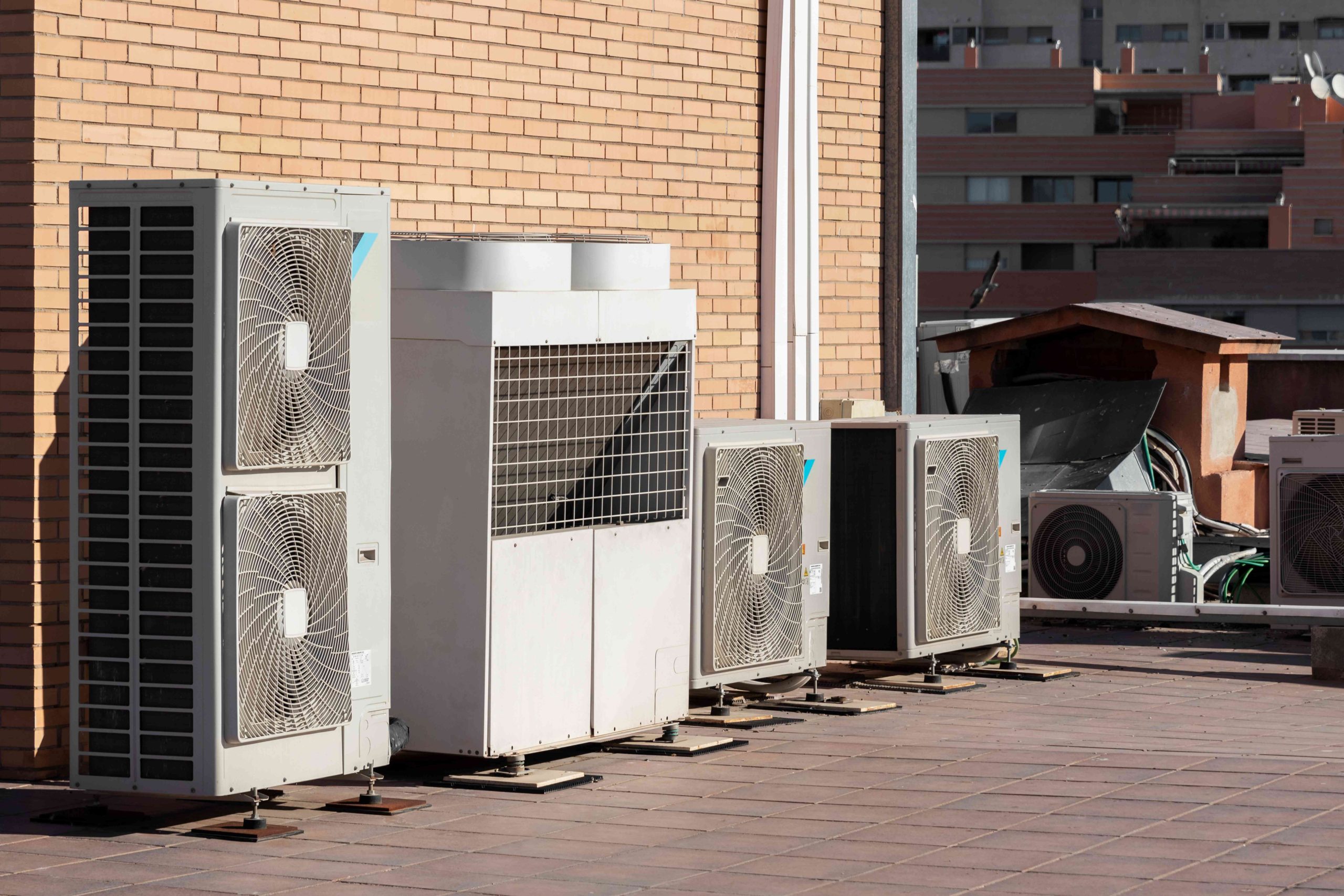
Heat Pump Solutions for Every Sector
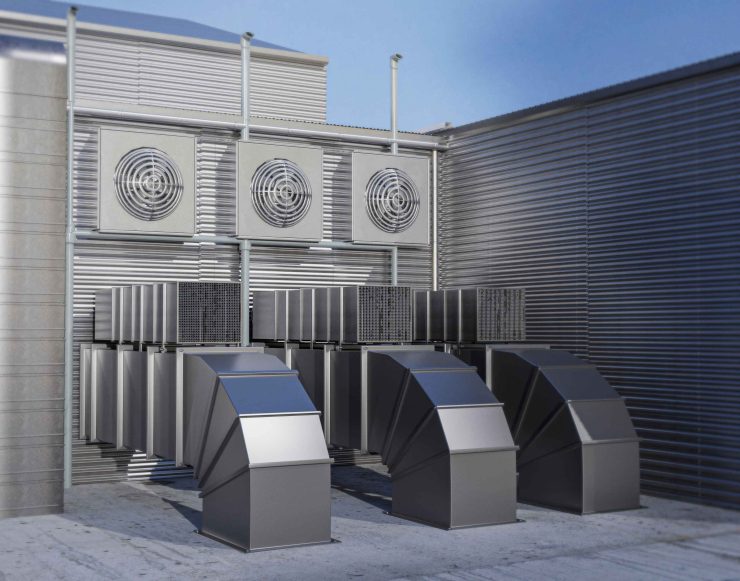
What Enegex installs (typical systems)
Installation at a glance
We size the pump and check radiators, insulation and hot-water needs.
Clear quote including system, cylinder, controls and any radiator upgrades.
usually 2–5 days for a standard installation; complex installs may take longer.
Full testing, controller setup and warranties provided.
Service plans and optimisation to keep performance high.

What Our Clients tell about us?
FAQs

